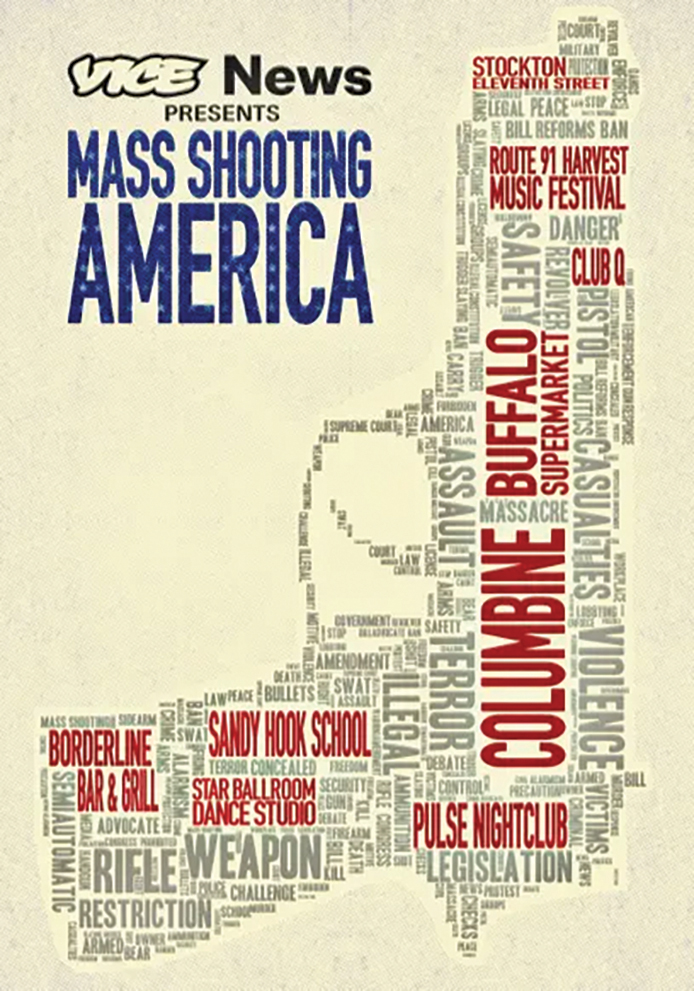Pins and Posts: May 2024

INCREASING ACCESS TO ADVANCED COURSEWORK
A research brief from The Education Trust looks at policies and practices that Texas could use to increase the number of Black and Latino students and low-income students who enroll in advanced coursework, such as AP, IB, and dual enrollment programs. When students have access to that coursework, the brief notes, they work harder and are more engaged in school, have fewer absences and suspensions, and graduate at higher rates. Among the brief’s recommendations:
• Collect and clearly report essential data and monitor access to and success in advanced classes.
• Support districts to expand eligibility for and access to advanced courses.
• Foster positive school climates and a sense of belonging in advanced classes.
• Ensure that the state clearly signals the value of advanced coursework within its accountability indicators for college, career, and military readiness.
Read the brief at bit.ly/42NRlpf.

THE POSITIVE IMPACT OF HIGH SCHOOL COMPUTER SCIENCE COURSES
A working paper on a study by the Annenberg Institute at Brown University looks at the impact of enrolling in computer science (CS) classes in high school on students’ choice of college major and future earnings. The study, which analyzed data from students in Maryland, found that:
• Taking a CS course increases students’ likelihood of declaring a CS major by 10 percentage points and receiving a CS bachelor’s degree by five percentage points.
• Access to CS coursework raises students’ likelihood of being employed and their early career earnings.
• Students who are female, low socioeconomic status, or Black experience larger benefits in terms of CS degree attainment and earnings.
• Lower enrollment rates of these groups in CS courses highlight the need for targeted efforts to enhance their participation as policymakers continue to expand CS curricula in K–12 education.
Read the paper at bit.ly/4bGEnxR.

PHOTO COURTESY OF DEBORAH WATTS
HIGH SCHOOL HONORS NATIVE PEOPLES AND THE ALUMNI EXPERIENCE
In a move to create a new school mascot that stopped appropriating Native culture while honoring their original mascot’s legacy, Boise High School transitioned from “The Braves” to “The B.R.A.V.E.,” an acronym for the values of their student body. Former principal Robb Thompson and current principal Deborah Watts discussed the transition and how they continue to use it as a learning experience for students and adults alike. “While we were using our mascot to tell a story in a way that we thought was honoring the Shoshone Bannock tribe of Boise Valley, it became clear we were perpetuating harm through an offensive stereotype,” Thompson says. One thing the school did was to create a museum to showcase items that reflect students’ activities, athletics, and academics through the years, Watts says. “We decided to dedicate a space to use as a teaching tool about what cultural appropriation looks like and the harm it causes. We also wanted to honor the alumni experience and help everyone connected to Boise High understand the need for change. And most importantly, we wanted to address the unintended harm we caused to the Native community.” Read more at bit.ly/3UNjniN.
DOCUMENTARY FEATURES PRINCIPAL RECOVERY NETWORK

A new documentary by Vice News titled Mass Shooting America looks at the true scope and scale of gun violence in America, as told by those who’ve experienced it firsthand. NASSP’s Principal Recovery Network is featured in the 60-minute film. Among those who share the stories of shootings at their schools are PRN co-facilitator Greg Johnson of Ohio and PRN member Warman Hall of New Mexico. In the video, Johnson discusses the PRN’s “Guide to Recovery,” a collection of best practices released in 2022 that is designed to assist school leaders in the aftermath of shooting tragedies. Mass Shooting America, which was released on Tubi, is also available to stream on YouTube. Watch it at bit.ly/42M0iQ4.
